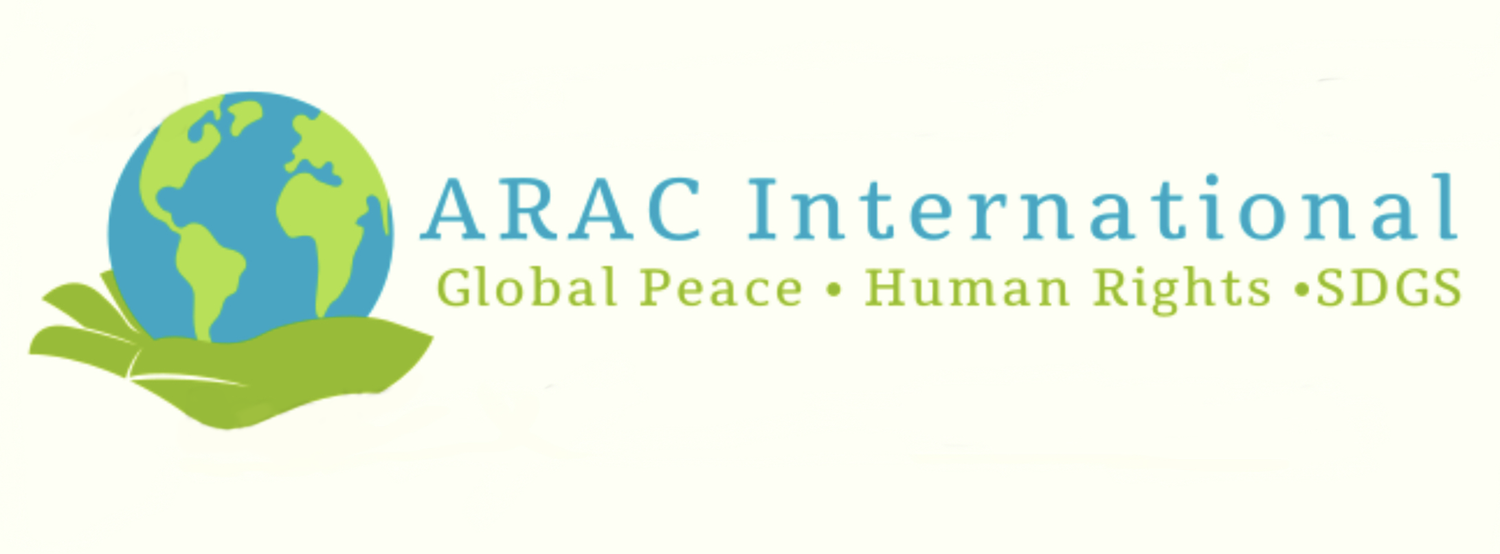
Advocating for Human Rights, Peace, and Sustainable Development.
This framework, developed by M. Nuri Shakoor, founder of ARAC International, outlines a comprehensive strategy to safeguard human rights, support peacebuilding, and advance sustainable development in the Democratic Republic of the Congo (DRC).
It addresses key areas including political stability, economic development, security, humanitarian aid, human rights protection, environmental sustainability, and strategic communication. By implementing targeted actions and measurable metrics, this framework aims to foster a stable, peaceful, and prosperous future for the DRC while promoting and protecting fundamental human rights and advancing the broader goals of peace and sustainable development
Key Takeaways
Framework developed by M. Nuri Shakoor to support peacebuilding and stability in the Democratic Republic of the Congo (DRC):
Promoting Political Stability: Enhance political stability through diplomatic engagement, capacity building, and support for democratic institutions and processes.
Economic Development: Foster economic growth by negotiating trade agreements, investing in infrastructure, and encouraging private sector engagement to improve the investment climate.
Strengthening Security: Improve security and stability by providing training and support to DRC security forces, promoting regional cooperation, and supporting peacebuilding initiatives.
Humanitarian Assistance: Address immediate humanitarian needs with emergency aid and relief supplies, and support long-term development goals in health and education.
Human Rights and Legal Reforms: Promote human rights and legal reforms through judicial support, human rights monitoring, and advocacy campaigns.
Environmental Protection: Protect the DRC’s natural resources by supporting conservation projects, anti-poaching efforts, and climate change mitigation initiatives.
Strategic Communication: Enhance U.S. influence through cultural exchange programs, media engagement, and community outreach to foster mutual understanding and cooperation.
Interagency Coordination: Establish a task force with representatives from relevant U.S. agencies to ensure cohesive and coordinated efforts in implementing the framework.
Monitoring and Evaluation: Develop a robust framework for monitoring and evaluation to assess the impact and effectiveness of actions, with periodic reviews and adjustments.
Partnerships and Collaboration: Foster partnerships with international organizations, NGOs, and local stakeholders to leverage resources, expertise, and ensure successful implementation of the framework.
